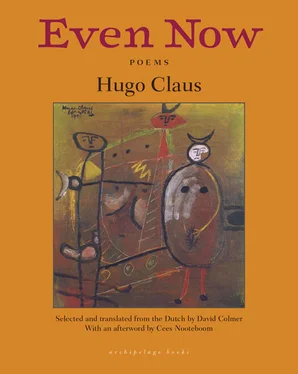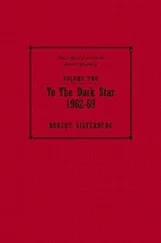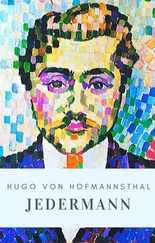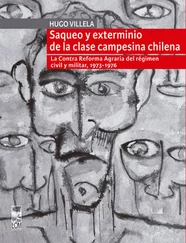Over the last few days I re-read two of his novellas, The Last Bed and A Sleepwalk . The man who could be so light-hearted when playing, who could beam when, with a lethal clang from a distant position, he neutralized the metal ball you had positioned so dangerously in a game of pétanque, who could tell obscene stories about actresses with the verve of a Venetian courtier and laugh when revealing the trump he’d saved for the last trick, displays in The Last Bed a dark universe of victims and punishment, of fear, suppressed lust and bloody violence, of mankind’s abject pettiness and cruelty, a satanic vision that ends with destruction and death, in which, like Dante, the poet leads you around a layer of hell. Something else is happening in A Sleepwalk , a book like a prophesy, in which the writing gives you an insight into the landscape he saw before him in 2000, a horror of forgotten faces, former loves, a guessing game of words lost in each other. And once more he demonstrates his mastery, because showing the drama of broken tools requires brilliant and subtle control over words and sentences. Knowing that you are describing your own fate, you must dare to penetrate deep into the territory of your future misery and humiliation to write for yourself and others about the tragedy that awaits you. And so you say eclipses instead of ellipsis, you no longer know that the woman standing before you was once the woman you wanted above all else, you describe the battlefield and tell yourself that you will leave it before the last weapon has been knocked out of your hands, and then you live on for seven years like a king in his final days, say goodbye to your wife and friends and do what you had resolved to do, knowing that the small-minded want to drag you back to this earthly hell, claiming that enduring it will earn you heavenly paradise. You turned that eternal lie on its head as only you could.
The first time I saw you, you were young and I was even younger, the last time you were old, but the youth you had been still shone through the old master, his smile and mischief were still intact. Today, sad and celebrating, I say goodbye to those two men and all the other men in between. Dear friend, fare well. I only ask one thing: make sure to haunt us.
Translator’s Acknowledgments
The selection and translation of these poems was an enjoyable but daunting task and I am very grateful for the generous help provided by a number of people who have built up their knowledge of Claus and his poetry over years, if not decades, of specialization and study. I owe a particular debt of gratitude to Georges Wildemeersch and Dirk van de Geest for making space in their busy schedules and would also like to thank Victor Schiferli and Patrick Peeters for their time and advice, Tom van de Voorde for his encouragement and for reading a draft of the translation and comparing it to the original, and P.C. Evans and Rokus Hofstede for help with particular poems.
I selected the poems from the almost 1,500 pages of Claus’s two-volume collected poems and tried to choose representative works from all periods of his extremely diverse poetic oeuvre, not limiting myself to his most famous poems, but also including examples of his latter work, poems from the erotic series Morning, You (first published as loose pink cards in a purple velvet box) and Knittelvers from Almanac .
While researching the work, I read, browsed and consulted quite a lot of secondary literature, most importantly books and essays by Paul Claes, Dirk de Geest and Georges Wildemeersch and articles and essays by J.M. Coetzee, Bart Eeckhout, Frank Lekens, Kristel Markoen and Patrick Peeters. I also referred to many existing translations, specifically French translations by Marnix Vincent and Maddy Buysse, Franco Paris’s Italian translation, Maria Csollány’s German, and English translations by J.M. Coetzee, John Irons, Peter Brown & Peter Nijmeijer, and Paul Claes, Christine D’haen, Theo Hermans & Yann Lovelock. My fellow translators’ interpretations and solutions often helped me to discover new depths in the original poems and find new possibilities for my own translations. Similarities between my translations and the existing English translations are inevitable, not just because the best translation of a word or phrase is sometimes the most obvious one, but also because Claus sometimes refers back to English sources in direct and indirect quotes.
David Colmer
Amsterdam, Septembert 2013












